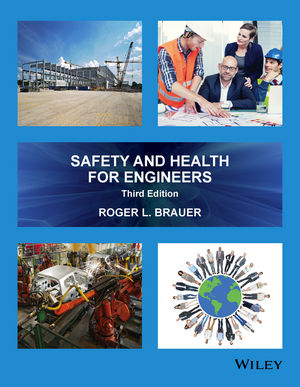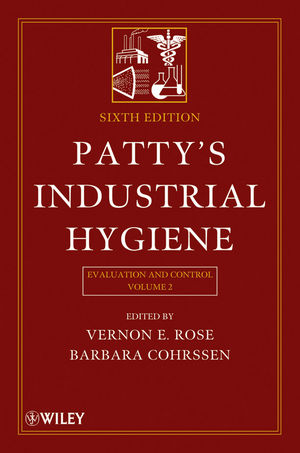Industrial retailer and supplier Fastenal Co. has been on a hiring binge this year.
The Winona-based firm has added 1,110 employees, growing its worker base by 6 percent in the first half
of 2015.
The growth has been mostly in its 2,700 retail locations, which are in all 50 states, Canada, Mexico, Europe and Asia. More than 80 percent of the new jobs (910) were in stores. The rest were at Fastenal’s headquarters, one of its 14 distribution centers or nine manufacturing plants.
The store headcount growth was part of a strategic plan by Fastenal to inject some energy into its stores and offer a high level of immediate service for its customers when needed, said CEO Lee Hein in the firm’s second-quarter conference call with Investors.
In an increasingly tight labor market, Fastenal’s 280 district managers have been able to fill the ranks so quickly because they’re constantly cultivating relationships with potential employees and business schools, said Chief Financial Officer Dan Florness.
“Every week of every month [the district managers] are talking to professors and speaking to business and marketing classes and groups. We like finding kids with a blue collar background or somebody who grew up on a farm like me — somebody who’s looking for an opportunity.”
Many of the jobs are filled with students finishing up four-year or two-year business or marketing degrees.
Florness doesn’t expect Fastenal’s hiring pace to slow much over the second half of the year.
“Coming into the year we had pretty aggressive goals for what we wanted to add,” Florness said. “Some of our industrial customers have really seen a slowdown in their business over the last two to four months, so the weaker environment has made it a little more challenging for us to keep hiring at the same time the businesses is slowing a little bit. But with that said, we’re fundamental believers in the long term.”
Fastenal saw profits increase 7.5 percent in the second quarter to $140 million, or 48 cents per share, meeting analysts’ expectations despite what CEO Hein described as a “tough economy in a tough environment.” He was referring partly to slack demand from oil and gas customers.




